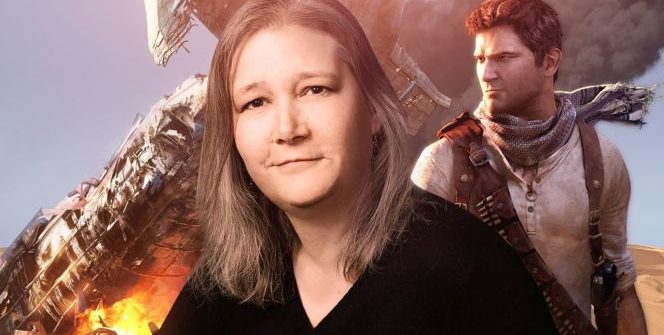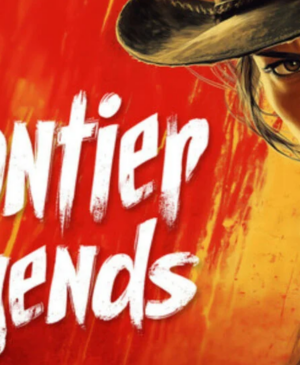Amy Hennig, who previously was a key character in Uncharted‘s development, thinks that an open world and the length of the game can affect the narrative negatively.
She explained it in detail in her interview with VentureBeat. Let’s see what she says:
„I’ve said that I don’t think a game like the first Uncharted, would be a viable pitch today. The idea of a finite eight-ish-hour experience that has no second modes, no online. That doesn’t fly anymore. Now you have to have a lot of hours of gameplay. Usually some sort of online mode. And of course, you see where things are pushing, toward live services and battle royale and games as a service. All of those things, I don’t know the word I’m looking for, but they play less nicely with the story. They’re less conducive to traditional storytelling.
[…] Yes, you can look at Spider-Man and Red Dead and God of War, and they’re deeply narrative. But they’re also really long. There’s also an understanding that a lot of people may never finish it. They’ll only play the first part of a game. The length and complexity and the layers that are in these games now, sub-missions and skill trees, all these things are great. I’m not saying we shouldn’t have them. But it makes it harder. It’s harder to tell a single-player, narrative-focused game.
A story has an author. There’s intent behind it. It has a deliberate shape. It has an arc, deliberate landmarks, and a deliberate ending. You can’t accidentally do that through a bunch of random events. You’re not going to achieve that experience. What you’ll get is the equivalent of saying, “This happened, then this happened, then this happened.” That can be satisfying. I just wouldn’t call it a story. The place for authored experiences that have that intentional shape, it’s not as common as it used to be. Or that experience is so stretched out, much longer than it was originally.
[…] The whole point of having this crafted journey that you’re taking the player on, this is why I was using Florence as an example. Journey is another example. What Remains of Edith Finch is a great example.
That’s a very deliberate experience. The way you interact with it means that you feel that experience differently than another person who plays it. The fact that all of your interactions are sort of analogue. But the flow of that story, fundamentally, is not going to change that much for everyone. You’re still going to hit these same anchor points.
An open world doesn’t really fit into that much. I think those games are wonderful, but it’s a different kind of experience. […] Again, I always make clear that I’m making a semantic argument. I’m not saying these things shouldn’t exist. But when we talk about players telling their own stories, I get the appeal of that. I just don’t think it’s a story. It’s a series of experiences that are very personal to you, and I get that. But a story, by definition, means a beginning, a middle, and an end, deliberately,” Hennig said.
Source: WCCFTech



![[TGA 2025] Star Wars: Galactic Racer Focuses on High-Stakes Podrace Runs [VIDEO]](https://thegeek.games/wp-content/uploads/2025/12/theGeek-Star-Wars-Galactic-Racer-302x180.jpg)









![[TGA 2025] Star Wars: Galactic Racer Focuses on High-Stakes Podrace Runs [VIDEO]](https://thegeek.games/wp-content/uploads/2025/12/theGeek-Star-Wars-Galactic-Racer-300x365.jpg)


Leave a Reply